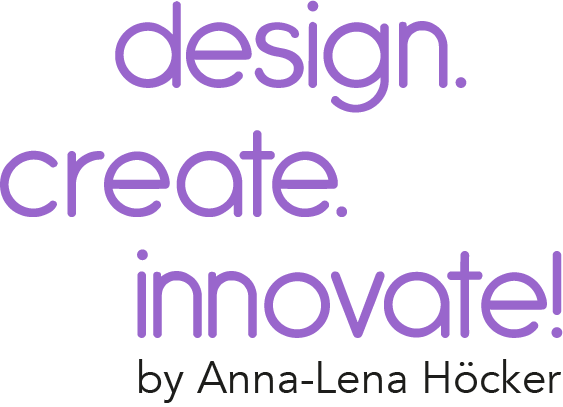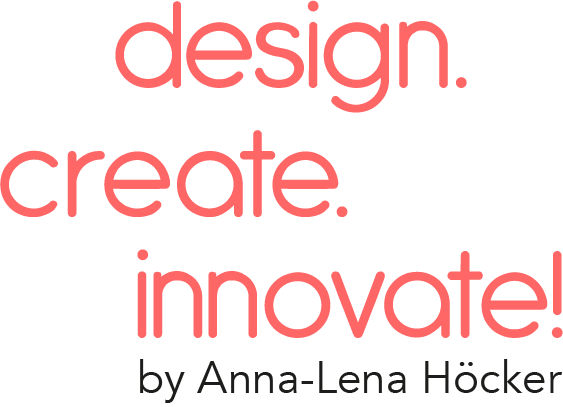Let's do a thought experiment today!
Design methods help us adopt new perspectives in our product, service, and process development. Often, the focus is on the recipient (user, buyer, employee) of the development. What I miss in design methodology is the consideration of the larger system behind whatever it is that companies deliver to their “recipients”. Responsible design must from the outset broaden its view to the further impacts of corporate actions.
John Rawl’s Thought Experiment
A thought experiment could lead to a new way of thinking and altered behavior: the Veil of Ignorance. The question it poses is: How would you design a system in which you also play a role—but you don't know what role you will play yet?
Philosopher John Rawls applies this experiment in his book “A Theory of Justice,” to imagine how societies might be structured if decision-makers did not know their place in advance. Under the veil of ignorance, people would try to avoid discrimination, power imbalances, hierarchies, and inequality in general.
This question has also been applied to organization within companies: How would one design an organization where one's role is unclear? How hierarchical and fair would it be if one did not know whether one would be the boss or an intern?
Veil of Ignorance taken further
I want to go a step further and apply the thought experiment to the entire system of corporate actions:How would we design procurement, supply chains, production, delivery, etc., if we did not know what role we ultimately play in it. We could be affected in many ways, having to live with the consequences. A few vivid examples: we could be the person in the mine or the farmer in the field who supply raw materials; we could live next to the landfill where products end up at the end of their life cycle; we could be part of an indigenous people losing their homeland. Even more pointedly: we could be any creature in the ecosystem affected and perhaps even threatened by corporate decisions.
Potential for Business Model Creation
For my own client work, I have decided to incorporate the thought experiment “Veil of Ignorance” as a method for employee experience and responsible design questions. Instead of putting oneself in the shoes of individual stakeholders, it helps to direct the perspective to an entire system and discover connections. It also helps to think in various roles and scenarios, thereby promoting creative and innovative thinking while simultaneously fostering empathy. I can well imagine that this could even lead to the development of new ecological, economically, and socially sustainable business models.
I invite you to apply the thought experiment in your own context—below you will find a few questions as a guide. I wish you exciting insights!

